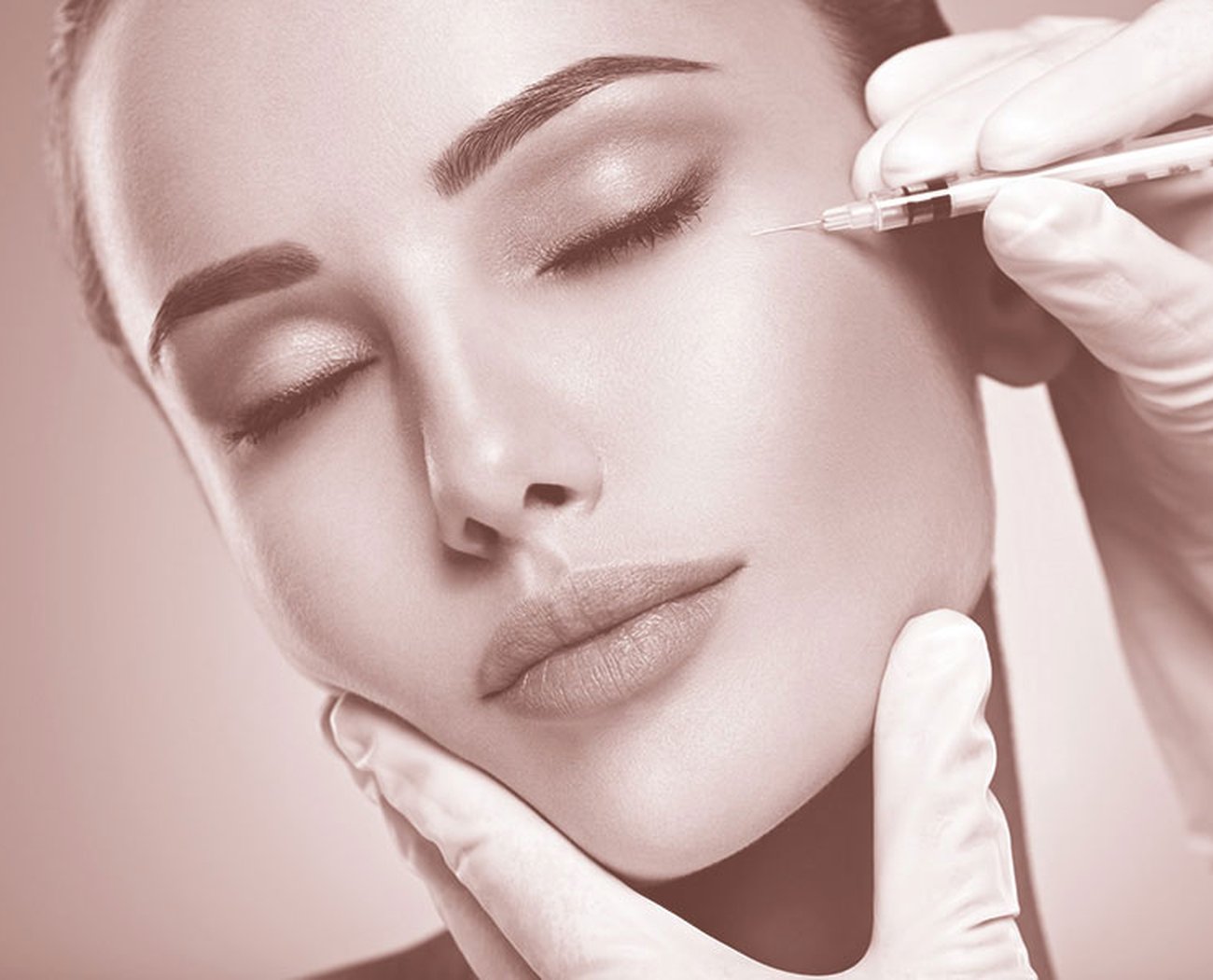
Anti-wrinkle Injections
Whenever you laugh, frown or squint, your facial muscles contract and your skin creases. As you get older your skin loses its elasticity and those creases deepen. Frown lines between your eyes, forehead lines and so called "crow's feet" can make you look tired and angry. By temporarily relaxing these facial muscles, this can smooth out those lines, restoring a more youthful, less stressed expression to your face.
What is injectable wrinkle treatment?
It uses a natural protein derived from the bacterium Clostridium botulinum. The protein was initially used for the treatment of various kinds of neurological conditions including cerebral palsy and eye squints. When used cosmetically, it reversibly blocks the nerve impulses responsible for contraction of tiny facial muscles that are related to expression lines.
Is the treatment painful?
It's very rare for treatment to be painful. Most patients experience a feeling of slight discomfort during the treatment.
How long do the effects last?
For most people, the results last 3-4 months. After several treatments the effects may last longer.
Who is suitable for the treatment?
Starting in our late twenties, facial lines and wrinkles begin to appear that affect not just your appearance, but also your self-esteem. By smoothing out those lines this treatment can help you restore a more youthful, less stressed expression to your face. It can work as well for men as it does for women.
Who is not suitable for the treatment?
Anyone who is pregnant, breast feeding or suffering from severe neuromuscular disorders or blood coagulation disorders are not suitable for treatment.
Will it interact with medication that I am taking?
You must ensure that your doctor is aware of any medications you are taking, especially aminoglycoside antibiotics (gentamicin, neomycin), aspirin, anti-inflammatories, Gingko Biloba and St John's Wort.
Are there any side effects?
Over the past several years, a large amount of clinical evidence has supported the effectiveness and safety of this treatment in all its uses. It is approved by the Federal Drug Administration (FDA) for cosmetic eradication for wrinkles on the face and for the treatment of hyperhidrosis (excessive perspiration). However, side effects can occur but are rare. The most significant complication is a temporary drooping of the eyelid (<1% risk) or eyebrow. This is a result of local spread of the medication at the injection site and can be minimised by accurate dosing.
Preparing for the treatment
During your consultation with me a full medical history will be taken to assess your suitability and the benefits with potential side-effects will be discussed in full.
View Gallery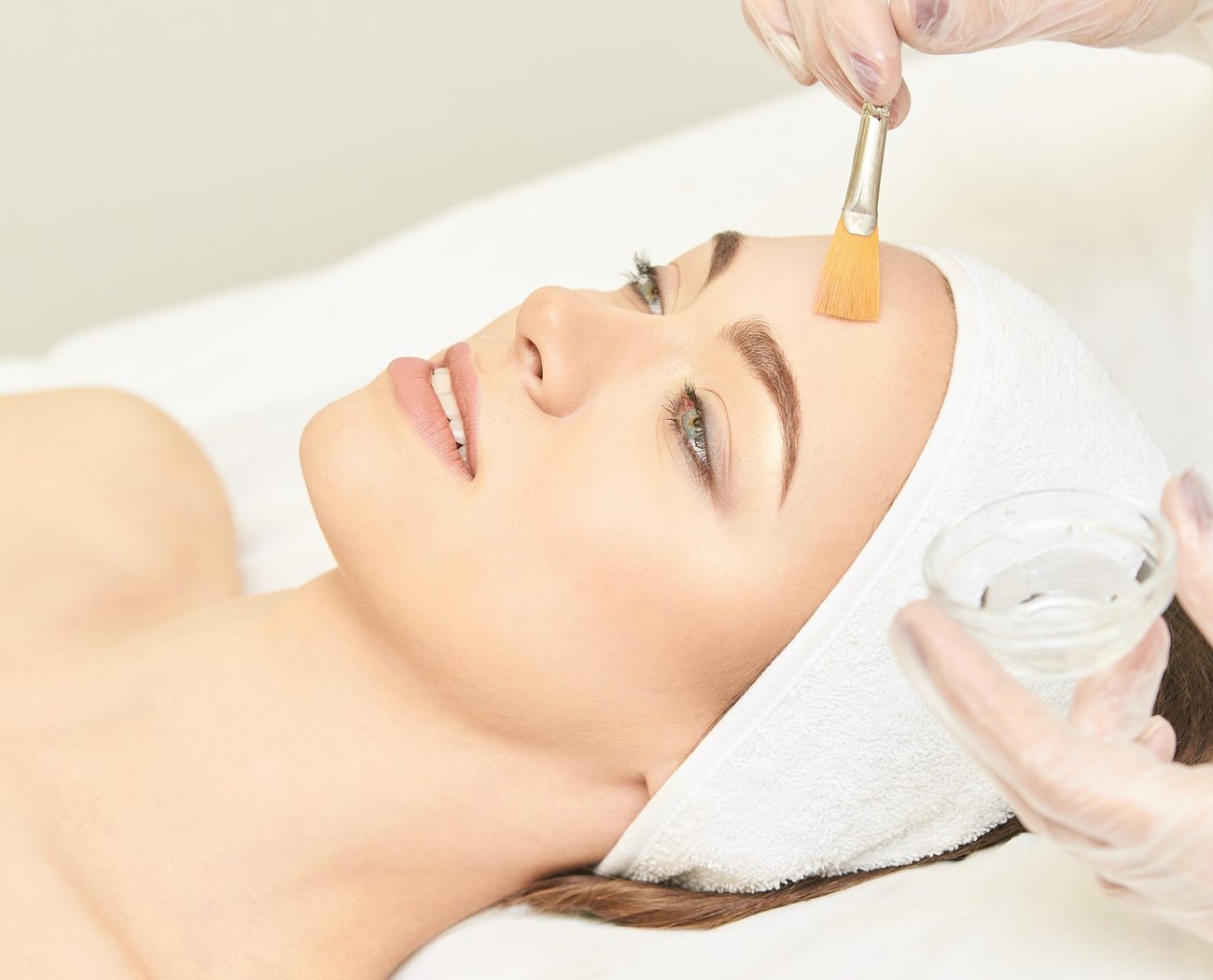
Chemical Peels
Chemical peels are used to enhance skin quality. They can improve the appearance of fine lines and wrinkles, scarring, hyperpigmentation, redness, enlarged pores and other skin concerns.
How do chemical peels work?
A chemical peel is a treatment that uses an acid to remove the outer layers of the skin. They also stimulate growth of new skin cells to improve the texture and appearance, while treating certain skin conditions.
The acid penetrates the epidermis in a controlled manner to produce a quick exfoliation, or deeper into the dermis to correct skin problems.
What are the different types of chemical peels?
Glycolic and fruit acid (light) peels: Glycolic acid, salicylic acid, mandelic acid and lactic acids are examples of the most commonly used peels. They will generally produce superficial peeling or exfoliation only and require very little downtime. Salicylic acid peels are a useful treatment for active acne especially on the chest and back. Recovery is usually in one or two days.
TCA (medium) peels: Trichloroacetic acids are the basis for these types of peels, which can be used as a superficial exfoliation or a medium-depth peel. They can improve scarring and induce skin tightening. Exfoliation can occur over several days.
Phenol (deep) peels: these are the deepest of all peels and should only be performed by appropriately qualified doctors and surgeons. Commonly, they will be performed in hospital with ECG monitoring due to the danger of toxicity to the heart and kidneys. Results are significant and can be long lasting. Once completed, exfoliation continues for several days, and healing is complete within 10-14 days.
Who is suitable for treatment?
A chemical peel is a great option for most people looking to improve their skin quality. Some types of peels may not be suitable for those with darker skin types, so it’s important to seek advice from a qualified medical professional before going ahead with treatment.
Chemical peels are not recommended for those who are pregnant or breastfeeding, as well as people taking certain medications. A full consultation is necessary to find the best solution for you.
What results are expected from chemical peels?
When you undergo a chemical peel treatment, you should notice an improvement in skin texture and tone. Sun damage will be reduced, while pigment will become more even, pores will reduce in size, fine lines will disappear, skin will tighten, scars can be reduced, and your skin will look brighter and fresher.
A course of chemical peels is often recommended for best results.
Does the procedure hurt?
The level of discomfort depends on the type of chemical peel you’ve had. Your skin may feel slightly tight or tingly after a light peel, whereas you may notice more of a burning or stinging sensation with a medium-depth peel. Your skin may be red for a few days afterwards.
Deeper peels are generally a lot more uncomfortable. A local anaesthetic and sedative may be needed to numb the pain, while your heart and blood pressure will need to be monitored as the chemical used can affect your heart and kidneys. Swelling can last up to two weeks, while redness can last up to three months.
Are there any risks associated with chemical peels?
After a chemical peel, your skin will be more sensitive to the sun so it’s vital you use sunscreen daily. Most people don’t suffer complications, but they can occur.
There is a risk of infection, abnormal healing and scarring, redness can persist, while you may also have an acne flare-up, increased skin sensitivity, milia and dermatitis.
Seeing an experienced practitioner for your chemical peel treatment is essential for safe and effective results.
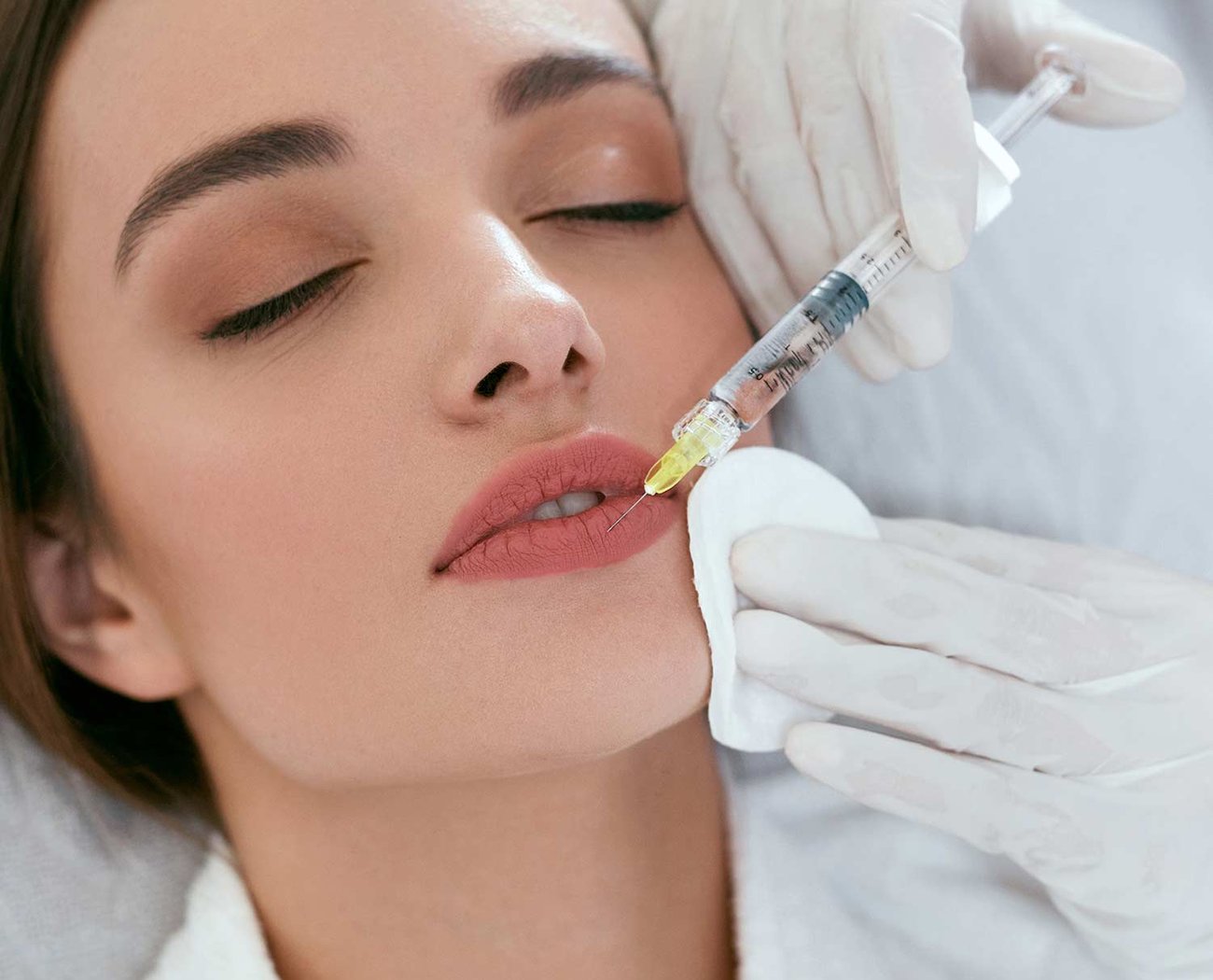
Fillers
Dermal Fillers are used to correct or enhance facial contours; cheeks, temples, jawline, nose, chin. They define, correct or enhance lips and soften and correct facial wrinkles or folds. They can be used to to improve the tone, texture and hydration of the skin.
What are dermal fillers?
Dermal fillers are gels made of hyaluronic acid (HA) — a naturally occurring substance in your skin that helps to hydrate and add volume. The gel is eased under the skin to instantly restore your skin’s volume, smooth away facial wrinkles and folds and redefine lips.
How long will the effects last?
Over time hyaluronic acid degrades naturally and most clients follow-up their treatment after 6-12 months to maintain a fresh and youthful appearance.
Are there any side effects?
Side effects are uncommon, however you may experience slight swelling, pain, redness at the injection site directly after treatment. This normally settles after a few days.
Do I need a skin test?
The hyaluronic acid is of natural origin and no allergy testing is needed.
Who is not suitable for this treatment?
Injections should be avoided in areas where the skin is swollen or infected. Hyaluronic acid has not been tested in pregnant or nursing women and is therefore not advised. If you have a history of cold sores in the area to be treated, it may be recommended that you take some anti-viral medication before and after the treatment to help reduce the likelihood of an outbreak of cold sores.
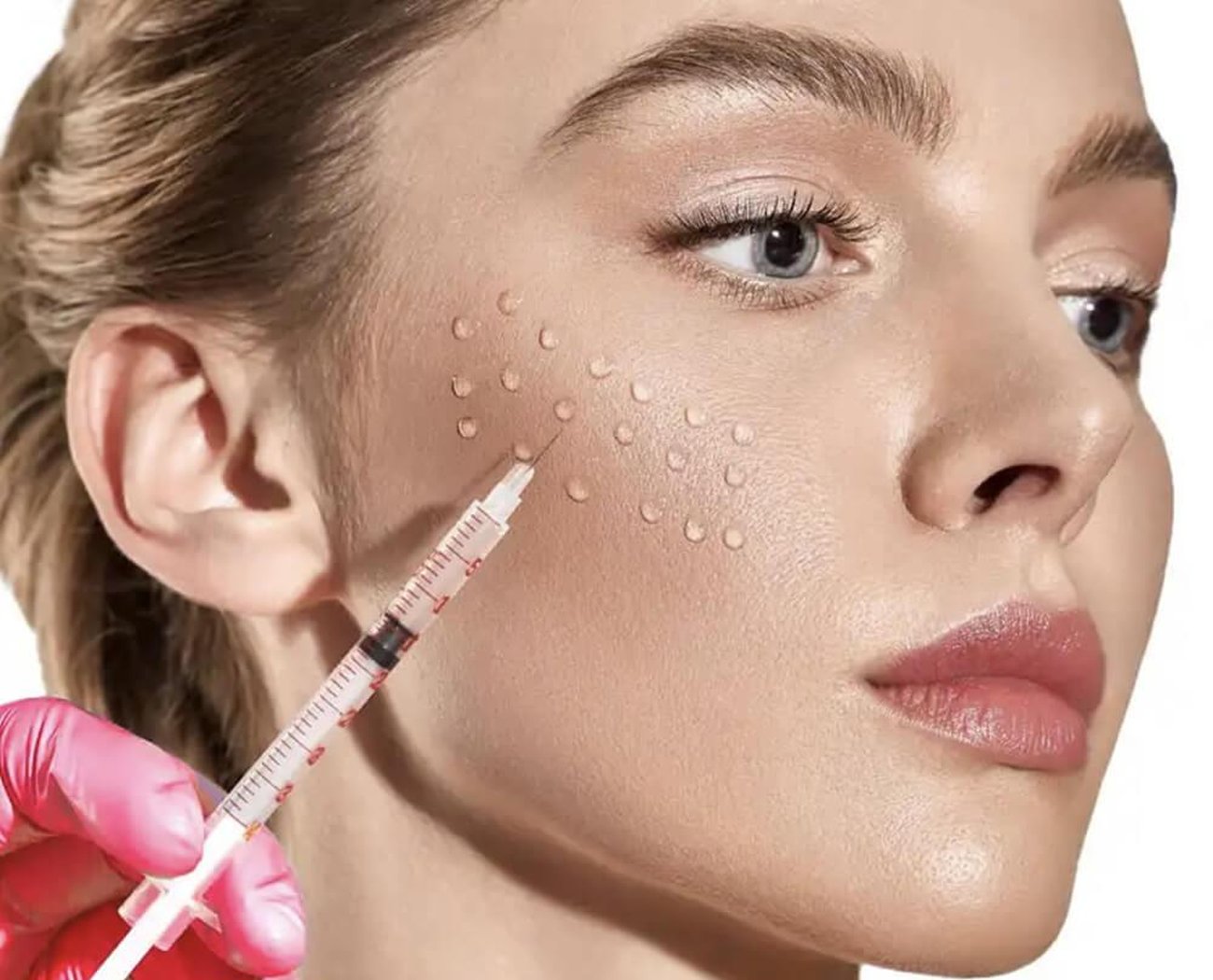
Skin Boosters
Skin Boosters are especially designed to deliver deep skin hydration. The treatment involves hydrating microinjections of a soft, gel-like substance called Hyaluronic Acid (HA) into the skin, which improves the skin’s elasticity, firmness and radiance.
Skin Boosters are versatile treatments that can be used by men and women of all skin types and all ages.
An initial course of 3 treatments is recommended, followed by maintenance treatments once or twice a year.
What is Hyaluronic Acid?
HA is found naturally in the body where it maintains hydration in the skin. As we age the quality of our HA diminishes over time. Skin Boosters replenish and maintain natural hydration levels from within as the stabilised HA continues to work over several months.
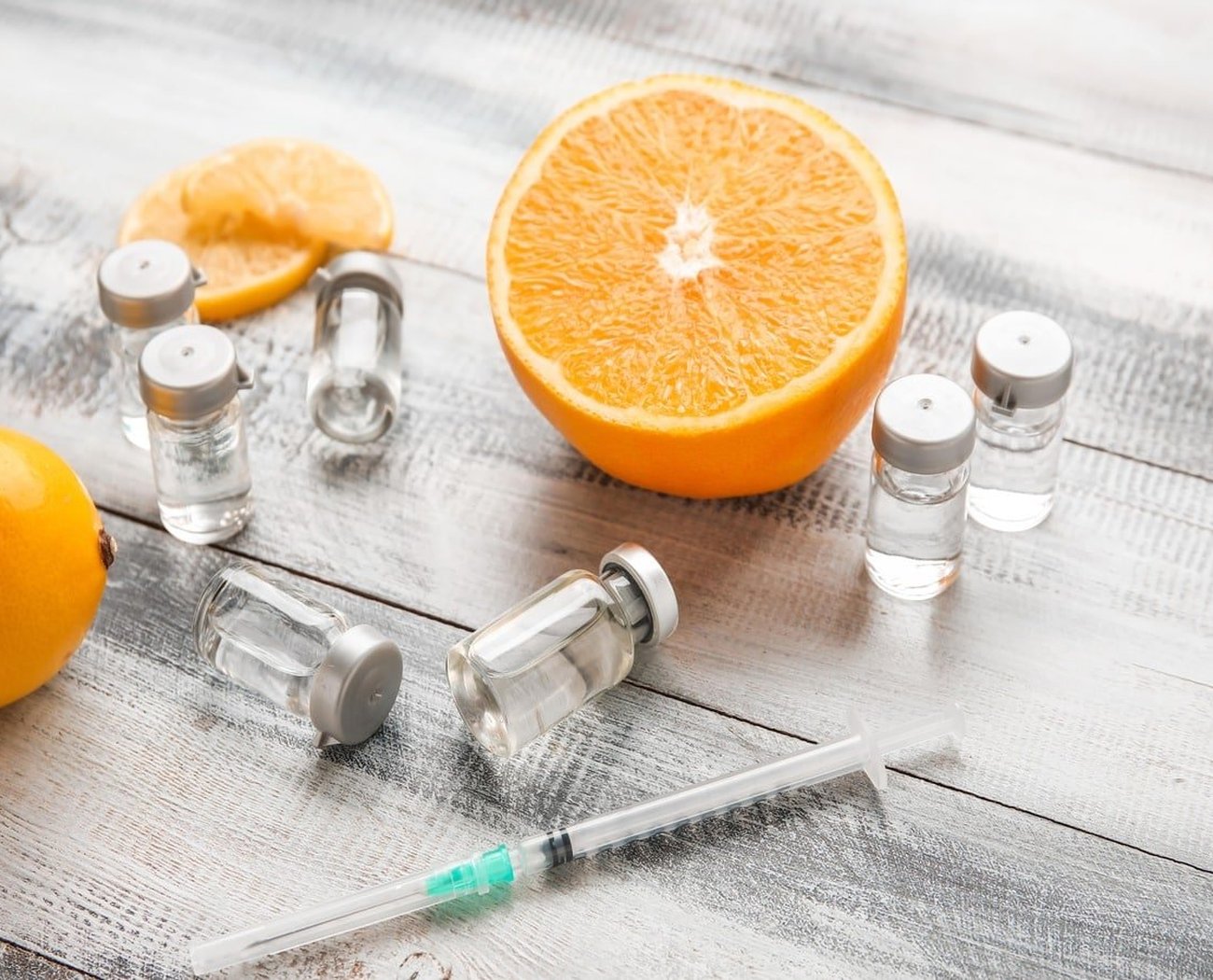
Wellbeing Vitamins
Restore your body’s equilibrium and give yourself a boost. No matter what your wellness goals, our vitamin injections will help you on your journey to better wellbeing.
As vitamin injections are a medical treatment a full consultation is needed to determine if the treatment is suitable for you.
The consultation is carried out by our medical practitioner; ensuring you have been made aware of the relevant facts, alternative treatment options, potential risks and complications before proceeding with the treatment.
Some vitamins that are used in aesthetic treatments include:
Vitamin C: An antioxidant that can help with aging and hyperpigmentation. It can also reduce wrinkles by increasing collagen production.
Biotin: Improves keratin, the protein that makes up hair, skin, and nails. A deficiency in biotin can lead to dry skin, brittle nails and hair, and hair loss.
Vitamin B12: Injections can help with energy production, nerve cell health, and DNA replication.
Vitamin D: A fat-soluble vitamin that can be administered in individualized doses.
Glutathione: Can help with complexion, aging, sleep, stress, athletic performance, and recovery.
Collagen: Can help with skin elasticity and firmness, lip volume and definition, and reducing signs of aging.
CoQ10: Can help reduce the appearance of wrinkles and fine lines.
Vitamin E: Can be taken orally or applied topically to help the skin retain moisture.
Vitamin injections can be a quick and effective way to introduce nutrients directly into the bloodstream.